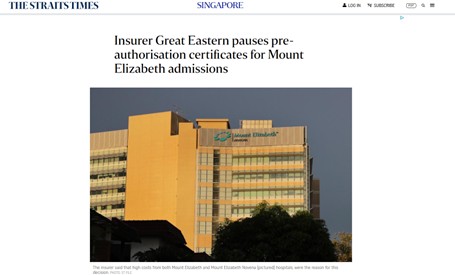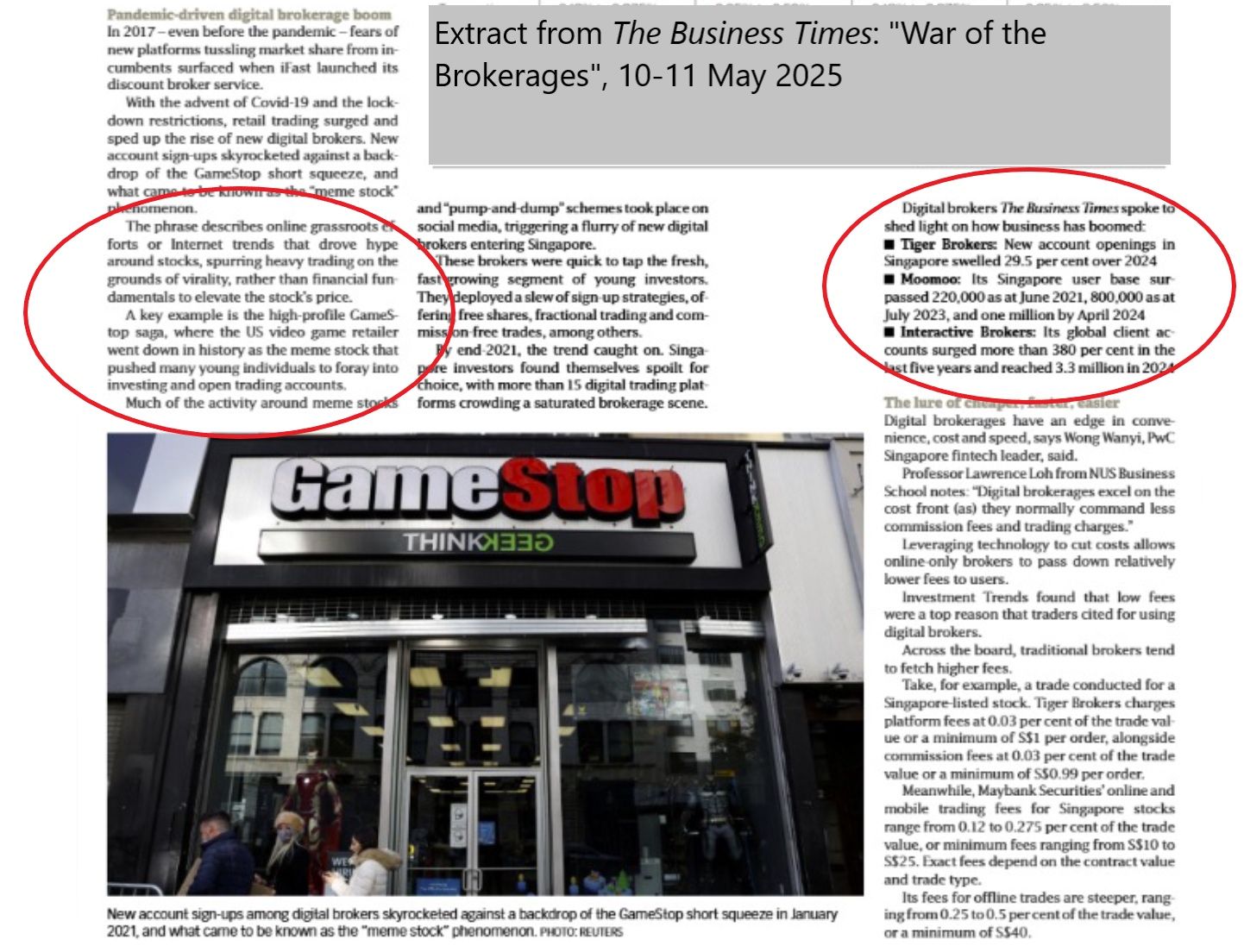Note: It was announced in November 2023 that MoneyOwl will be acquired by Temasek Trust to serve communities under a re-purposed model, and will move away from direct sale of financial products. The article is retained with original information relevant as at the date of the article only, and any mention of products or promotions is retained for reference purposes only.
______________
According to a recent insurer survey, 2 out of 3 workers in Singapore are worried about job loss due to illness or disabilities and more than half (53%) do not have any disability income protection. Here’s why Disability Income Insurance is so crucial to your overall protection portfolio.
When it comes to insurance, most people are familiar with the standard benefits like death, critical illnesses (e.g. cancer, heart attack), and hospitalisation. Yes, these are indeed important life risks that we ought to insure against. The financial impact can be disastrous if we die too early, not leaving enough for dependants’ living expenses, or be saddled with huge medical bills from the treatment of serious illnesses. However, most people seem to have missed out on one other important risk factor: disability.
If an accident or illness happens, resulting in our being unable to work, we would have lost one of our biggest assets – our income-earning capacity.
How much is the potential loss
As an example, let’s take a look at a young professional, John Tan, age 30, earning $4,000 per month as an accountant but is now unable to work because of a car accident. He would have lost $1,680,000 that he could have earned had he worked till age 65. If we assume a pay rise of 3% every year, the loss of earnings would be as much as $2,600,000!
In insurance jargon, it is called the human capital, which is also known as your biggest financial asset.
What is Disability Income Insurance
Disability income insurance is the only insurance that insures against your income earning capacity. For simplicity in understanding, the following are the benefits of this insurance:
1. If Insured is unable to perform material duties of own occupation, monthly income will be payable for the first two years.
Let’s assume John (above example) has bought a Disability Income insurance with a monthly benefit of $3,000. After the car accident, he is unable to work as expected of an accountant. His insurance will pay him a monthly income of $3,000 after a waiting period of, say 3 months, for the first two years.
2. Subsequently, the monthly income continues to be payable if the insured is still unable to work in a reasonable occupation by virtue of his/her training, education, or experience.
After the first two years, if John’s disability still prevents him from working in any reasonable occupation, he will continue to receive the $3,000 monthly benefits for up to age 65. Some disability income policies provide a 3% annual increase in monthly benefits for taking care of inflation. If John’s policy has such a benefit, his subsequent year’s payout would be $3,090 per month (year 2), $3,182 per month (year 2), $3,278 per month (year 3), and so on.
3. If the insured is able to return to work but suffers a pay drop, a partial monthly income benefit is payable to supplement the income.
Three years on, John is able to return to work but at a lower capacity, earning only $2,000 per month. His insurance will pay him a partial benefit of $1,500 per month (benefit is computed based on the proportional drop in his income before suffering disability). In total, John’s income is now $3,500 ($2,000 + $1,500). The partial income benefit serves as an incentive for John to return to work as he would receive more income than not working.
There are other benefits included in the disability income policy, such as rehabilitation benefit (3-6 months of income benefit) and death benefit.
Why this insurance often is overlooked
Disability income policies have been around for more than a decade but consumer awareness is still low. The reasons are as follows:
1. Not easy for insurance advisers to explain to consumers
Disability Income policies are more complex than the standard death and critical illness policies. It is not easy to explain, in definite terms, to what extent the disability must be before the income benefit continues to be payable after two years (see point b). What is meant by a reasonable occupation by virtue of “training, education or experience?” It is too general and subjective to accept. In assessing claims, insurance companies rely on their in-house objective judgment together with medical and other professionals’ opinions. Unfortunately, that is the nature of such insurance – important but difficult to explain. As such, many advisers may prefer to avoid this insurance and go for those easier to market.
2. Consumers are confused
Most people associate disability income insurance with Total and Permanent Disability (TPD). It is not. TPD benefit is found in most Whole Life and Term policies and the cost of such benefit is quite cheap. However, TPD has very stringent claim criteria. It requires one to lose any 2 of 6 limbs; namely eyes, hands (above the wrist), and legs (above the ankle) – or unable to perform 3 out of 6 Activities of Daily Living (feeding, dressing, toileting, washing, mobility, and transferring). Disability Income insurance, however, has a more lenient form of disability definition. It is based on one’s occupation and easier to qualify than TPD.
3. Only three companies are offering it – Great Eastern, Aviva, and AIA
Great Eastern and Aviva were the pioneers, with AIA joining the list in recent years. Why are there so few providers? Firstly, the forces of demand and supply. The market size for disability income is not big enough for many insurers to be excited about. Secondly, the risk to the insurer is quite high. Consider our example John. If he is disabled for 30 years, the insurer has to pay up to $1,080,000 ($3,000 pm x 12 mth x 30 years). Yet, the premium for his Disability Income insurance policy only costs around $574 per annum.
So, should you get Disability Income insurance?
As outlined above, one of the most important financial assets is our ability to earn an income, especially if we have dependents relying on us. However, we can never anticipate when an illness or an accident could strike and put a stop to our income, severely disrupting our financial and life plans. Having a disability income plan in place can minimise the risk of getting caught off-guard and offer the assurance that any income loss can be replaced for our lives to go on.
This article was first published in April 2019 and updated in June 2022.




